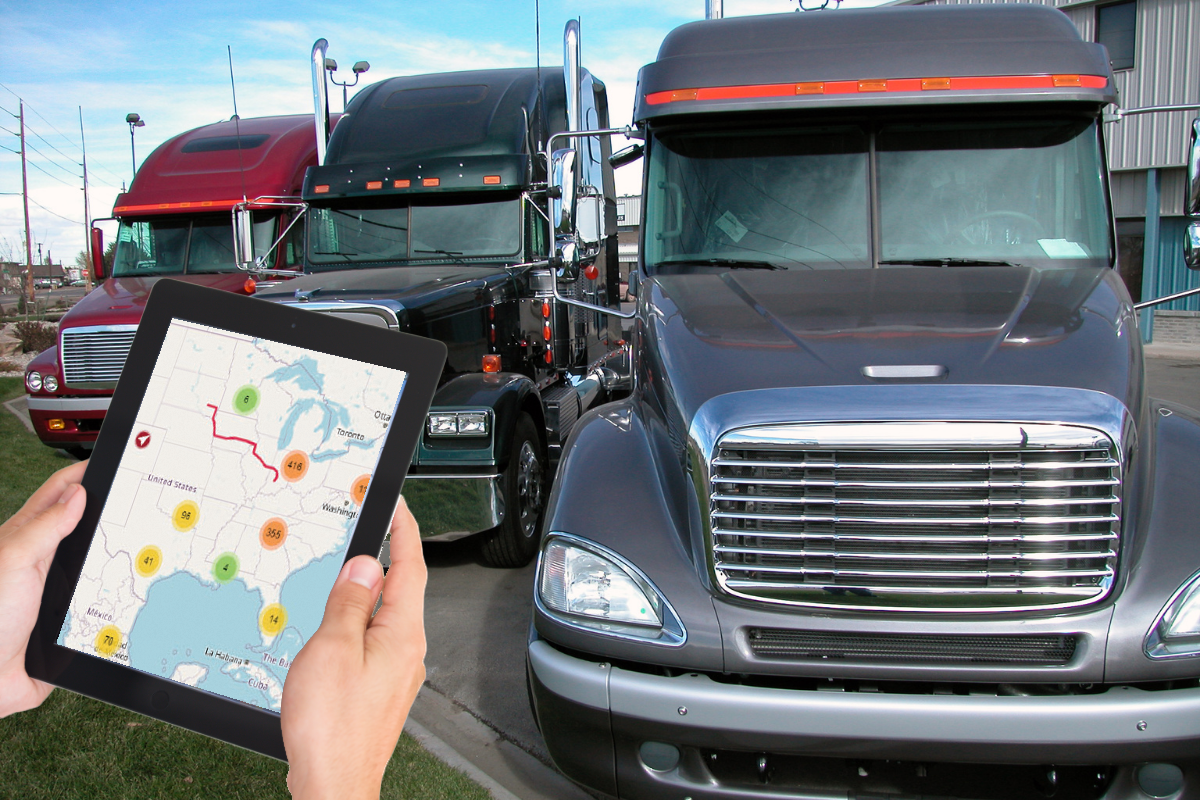The logistics industry, long recognized as the backbone of global commerce, is under more pressure than ever to move goods faster, at lower costs, and with greater sustainability. As e-commerce accelerates, global supply chains expand, and disruptions from weather events or geopolitical tensions grow more frequent, traditional logistics models are reaching their limits. Artificial Intelligence (AI) is emerging as the game-changer the industry needs, offering data-driven solutions to enhance routing, forecasting, and overall supply chain optimization. Here’s how AI is redefining the future of logistics.
Challenges of Modern Logistics
Logistics involves coordinating the movement of goods from point A to point B, but the reality is far more complex. Key challenges include:
- Optimization Complexity: Balancing cost, speed, and efficiency across fleets, warehouses, and delivery routes is a combinatorial nightmare. Traditional algorithms struggle to account for all variables.
- Dynamic Disruptions: Traffic, weather, labor shortages, or sudden demand spikes can derail even the best-laid plans.
- Sustainability Pressures: Companies face growing demands to reduce carbon footprints while maintaining profitability.
- Real-Time Decision-Making: Customers expect near-instant updates and delivery adjustments, requiring agile systems.
AI, with its ability to process vast datasets, learn from patterns, and adapt in real time, is uniquely suited to address these issues.
Smarter Resource Allocation
Artificial Intelligence excels at solving complex optimization problems by analyzing multiple variables simultaneously. In logistics, this translates to:
- Warehouse Management: AI algorithms optimize inventory placement, reducing picking times and maximizing space. For example, reinforcement learning models can predict demand patterns, ensuring high-demand items are stored closer to packing stations.
- Fleet Utilization: Machine learning (ML) models analyze historical and real-time data to optimize fleet deployment, minimizing empty runs and maximizing load efficiency. Companies like UPS have reported saving millions by using AI to streamline fleet operations.
- Cost-Benefit Analysis: AI evaluates trade-offs between speed, cost, and environmental impact, enabling logistics providers to offer tailored solutions, such as same-day delivery versus eco-friendly options.
By leveraging predictive analytics, AI ensures resources are allocated where they’re needed most, reducing waste and boosting efficiency.
Dynamic Routing: Adapting to the Unexpected
Routing is the heart of logistics, and AI is transforming it from static to dynamic. Traditional routing relies on predefined paths, but AI enables real-time adaptability:
- Real-Time Traffic Analysis: AI systems integrate data from GPS, traffic apps, and IoT sensors to reroute vehicles around congestion or accidents instantly.
- Demand Fluctuations: AI forecasts demand spikes using historical trends and external signals (e.g., social media buzz or weather forecasts), adjusting routes to prioritize high-demand areas.
- Multi-Modal Optimization: For global supply chains, AI coordinates across trucks, ships, and planes, optimizing intermodal handoffs to minimize delays.
For instance, companies like Amazon use AI-driven routing to deliver packages in hours, not days, by continuously recalculating optimal paths. This dynamic approach reduces delivery times and fuel consumption, benefiting both businesses and customers.
Enabling a Dynamic Supply Chain Model
The traditional supply chain is linear and rigid, but Artificial Intelligence enables a dynamic, responsive model:
- Predictive Maintenance: AI monitors vehicle and equipment health, predicting failures before they occur. This minimizes downtime and prevents costly disruptions.
- Supply Chain Visibility: AI integrates data from suppliers, manufacturers, and logistics providers, creating a transparent network. This allows companies to anticipate bottlenecks and adjust proactively.
- Last-Mile Innovation: AI powers autonomous delivery vehicles and drones, optimizing last-mile delivery, the most expensive and complex part of the supply chain. Pilot programs by companies like FedEx and DHL show drones cutting delivery times in rural areas.
A dynamic supply chain, powered by AI, adapts to disruptions in real time, ensuring resilience and customer satisfaction.
Sustainability and Scalability
AI also addresses the logistics industry’s sustainability challenges:
- Eco-Friendly Routing: AI optimizes routes to reduce fuel consumption and emissions. For example, Google’s AI-powered routing tools have helped logistics firms cut carbon emissions by up to 10%.
- Circular Logistics: AI supports reverse logistics (e.g., returns and recycling) by optimizing collection routes and predicting return patterns, reducing waste.
- Scalable Solutions: AI systems can scale from small businesses to global enterprises, making advanced logistics accessible to all.
The Road Ahead
While AI’s potential in logistics is immense, challenges remain. High implementation costs, data privacy concerns, and the need for skilled talent can slow adoption. However, as technology becomes more accessible and companies see tangible ROI, adoption is accelerating.
The logistics industry stands at a turning point. AI’s ability to optimize resources, adapt routes in real time, and enable dynamic supply chains is not just an upgrade, it’s a revolution. By embracing AI, logistics providers can deliver goods faster, greener, and more efficiently, meeting the demands of a rapidly changing world.
At Native American Logistics, we embrace innovation that drives performance and reliability across every shipment. By integrating advanced technologies and data-backed strategies, we’re building smarter, more responsive supply chain solutions for our partners. As AI continues to shape the logistics landscape, NAL remains committed to staying ahead of the curve, delivering premium transportation and logistics optimization that keeps your business moving forward.

Jeff Berlin
is the Chief Operating Officer of E.L. Hollingsworth & Co. and serves as the Senior Operations Executive for TOP Worldwide and Native American Logistics. With over 30 years of experience leading logistics and trucking companies, he brings deep industry expertise to his role. Jeff is also a CDL-A driver and a private pilot. Contact Jeff at jberlin@elhc.net.
 +1 877 781 3006
+1 877 781 3006 (52) 554-870-5682
(52) 554-870-5682



